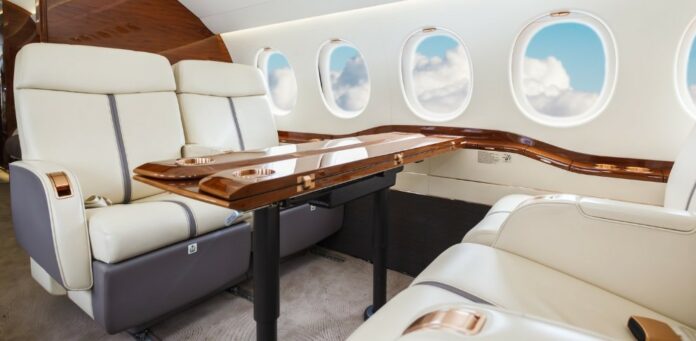The last time we spoke about 3D printing technology provider Chromatic 3D Materials, we told you the company was developing a “Smooth-Mode” technology for 3D printing of durable rubber parts with ultra-smooth surfaces. Today, the start-up has announced it has passed 14 CFR vertical burn tests, which demonstrate compliance with anti-flammability standards for airworthiness.
Chromatic’s durable, abrasion-resistant thermoset polyurethanes are suitable for a wide variety of airline parts, including elastomeric components used in stowage compartments and decorative panels, as well as ductwork, cargo liners, fabric sealing and many other applications.
Testing conducted by the National Institute for Aviation Research at Wichita State University showed that multiple polyurethanes 3D-printed by Chromatic are compliant with United States standards for use in aircraft interiors. ChromaLast 65, ChromaMotive 70 and ChromaFlow 90 each passed the 12-second vertical burn test necessary for use in floor coverings, textiles and cushions, decorative parts, galley furnishings, electrical conduits, insulating components, ducts, cargo liners and elsewhere. Furthermore, both ChromaLast 65 and ChromaFlow 90 passed the 60-second vertical burn test for interior panels, galleys and under-seat stowage areas.
Having met these crucial requirements, Chromatic can now offer the aerospace market the benefits of its RX-AM™ materials and technology platform for additive manufacturing. Benefits include low tooling costs for low- and medium-volume manufacturing, as well as cost-effective prototyping and high-mix production. Moreover, RX-AM™ makes it possible to produce high-quality components with limited material stock, allowing aerospace companies to print parts on demand outside of traditional manufacturing environments.
“Additive manufacturing can revolutionize product design and supply chains — and it all starts with the type of materials that are available. The aviation industry has some of the most stringent materials requirements, and we are pleased that test results from the National Institute for Aviation Research prove Chromatic’s materials pass with flying colors. We’re confident that our industrial-strength polyurethanes will open doors for 3D-printed applications in aviation as well as other industries that require safe, flame-resistant materials, including automotive, furniture and apparel,” said Dr. Cora Leibig, Chromatic founder and CEO.
Remember, you can post free of charge job opportunities in the AM Industry on 3D ADEPT Media or look for a job via our job board. Make sure to follow us on our social networks and subscribe to our weekly newsletter : Facebook, Twitter, LinkedIn & Instagram ! If you want to be featured in the next issue of our digital magazine or if you hear a story that needs to be heard, make sure to send it to contact@3dadept.com


